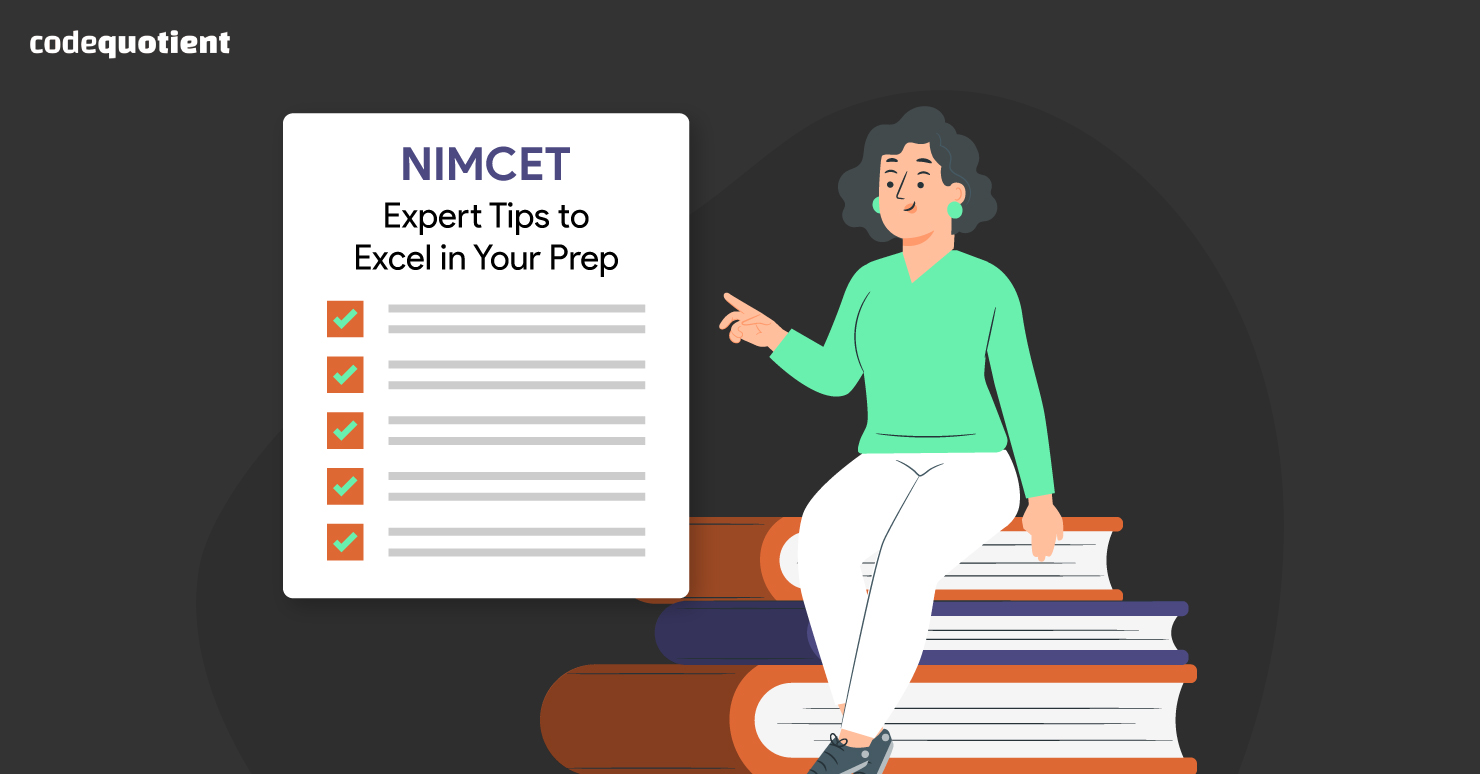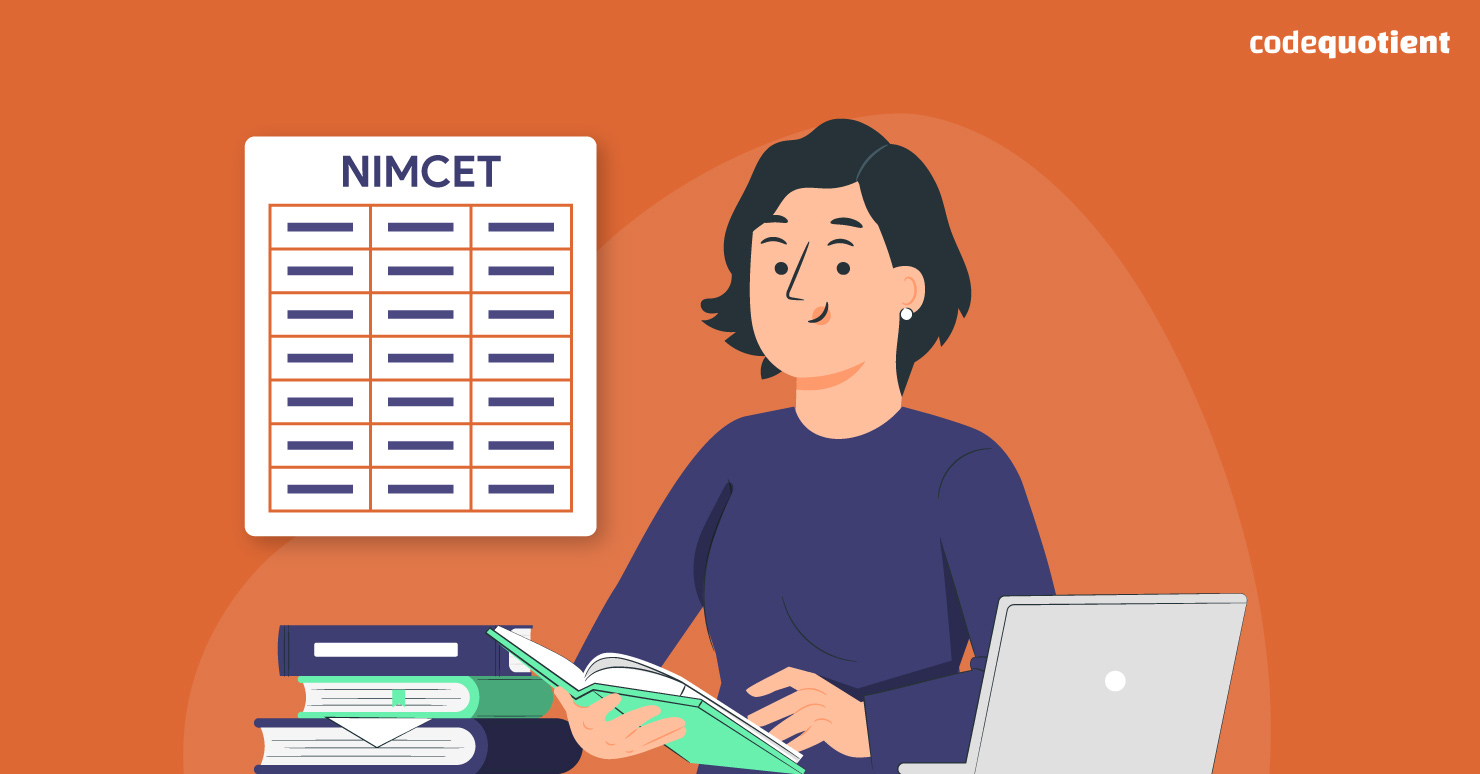Are you aspiring to pursue an MCA at one of India’s prestigious National Institutes of Technology (NITs)? If so, the NIMCET is your gateway to success. But, before you dive into the books and embark on this competitive journey, one tool that can significantly boost your preparation is the NIMCET previous year question papers.
Wondering why they’re so important? Well, these papers are your window to understanding the exam’s pattern, crucial topics, and the level of difficulty you’ll face.
In this article, we will explore the key benefits of using these papers and provide valuable tips and strategies to incorporate them into your study plan effectively. So, let’s dive in!
Unveiling the Advantages: Why NIMCET Previous Year Question Papers are Crucial for Your Preparation?
Before we dive into the tips, let’s first understand why NIMCET previous year question papers are indispensable in your preparation journey. Here are some advantages you can explore:
1. Familiarise with Exam Patterns
Previous years’ question papers help you understand the exam’s pattern and structure, giving you a competitive edge.
2. Identify Important Topics
These papers allow you to identify crucial topics and weightage, saving time and energy during preparation.
3. Gauge Difficulty Level
Solving past papers lets you assess the difficulty level of questions, ensuring better preparation.
4. Improve Time Management
Practising with the NIMCET previous year question papers enhances time management skills, which is crucial for success in the time-bound exam.
NIMCET Previous Year Question Papers: Where to Get Your Hands on Valuable Resources?
Now that we’ve established the significance of NIMCET previous year question papers, the question arises: where can you find them?
Fortunately, there are several avenues to access these valuable resources. The official NIMCET website is an excellent place to start. It often hosts a repository of past papers that you can download and practice.
Additionally, various online education portals and forums offer NIMCET previous year question papers, along with expert guidance and discussions. Coaching institute websites are also reliable sources for such papers, especially if you’re looking for detailed solutions and explanations.
For those who prefer offline study, local libraries and bookstores might have physical copies of previous years’ question papers that you can borrow or purchase.
Start Strong with NIMCET Previous Question Year Papers: Expert Tips to Excel in Your Prep

Now that you have the papers at your disposal let’s delve into some effective tips to kickstart your preparation journey.
1. Start Early, Plan Wisely
Allocate sufficient time for each topic and create a detailed study plan that covers the entire syllabus. Starting early allows you to space out your practice sessions, providing ample time for revisions and addressing weak areas.
2. Thoroughly Familiarize Yourself with the Syllabus
Before delving into the previous years’ question papers, ensure you have a solid understanding of the NIMCET syllabus. Knowing what topics are included and excluded helps you focus on relevant subjects and avoids wasting time on irrelevant material.
3. Adopt a Chronological Approach
This approach allows you to witness the evolution of the exam’s pattern, question styles, and difficulty levels over the years. It provides valuable insights into how the examiners frame questions and helps you adapt your strategy accordingly.
4. Practice Under Timed Conditions
Set a timer and attempt the papers under strict time constraints, just like in the actual NIMCET. This practice enhances your time management skills and equips you to handle the pressure of the exam effectively.
Ace NIMCET with Confidence: Effective Strategies for Past Question Papers
Effectively utilising NIMCET previous year question papers can significantly boost your preparation. To make the most of these valuable resources, follow these strategies:
1. Identify weak areas and focus on improvement
After solving each previous year’s question paper, thoroughly analyse your performance to identify the topics or question types where you struggled the most. Pay special attention to the questions you got wrong or took a lot of time to solve. By identifying your weak areas, you can dedicate more time and effort to improving them.
2. Recognise common patterns and question types
While going through the previous year’s papers, try to spot any recurring question patterns or types. Understanding these patterns can help you get familiar with the exam’s format and prepare better for the actual test.
3. Track scores and time taken for each paper
Maintaining a progress journal is essential to monitor your growth and track your performance over time. Note down your scores for each previous year’s paper and how much time you took to complete them. This will help you gauge your progress and identify any trends in your performance.
4. Set realistic targets for improvement
Based on your analysis of the previous year’s papers, set achievable targets for improvement in your scores and time management. Having specific goals will keep you focused and motivated throughout your preparation.
5. Practice under time constraints
When solving the mock tests, strictly adhere to the time limit similar to the actual exam. Time management is crucial in NIMCET, and practising under time constraints will improve your ability to solve questions swiftly and accurately.
6. Work on problem-solving techniques
NIMCET requires problem-solving skills, so practice various problem-solving techniques, shortcuts, and strategies. Engage in solving different types of questions to become more efficient in tackling problems during the actual exam.
Crack NIMCET with Confidence: Harnessing the Power of Previous Year Papers
NIMCET previous year question papers are invaluable tools for effective preparation. Consistent practice and analysis are key to success.
Integrate the provided tips and strategies into your study routine for a successful NIMCET journey.
And if you need assistance with technical skills, reach out to CodeQuotient for expert guidance.
Contact us today for more information!




